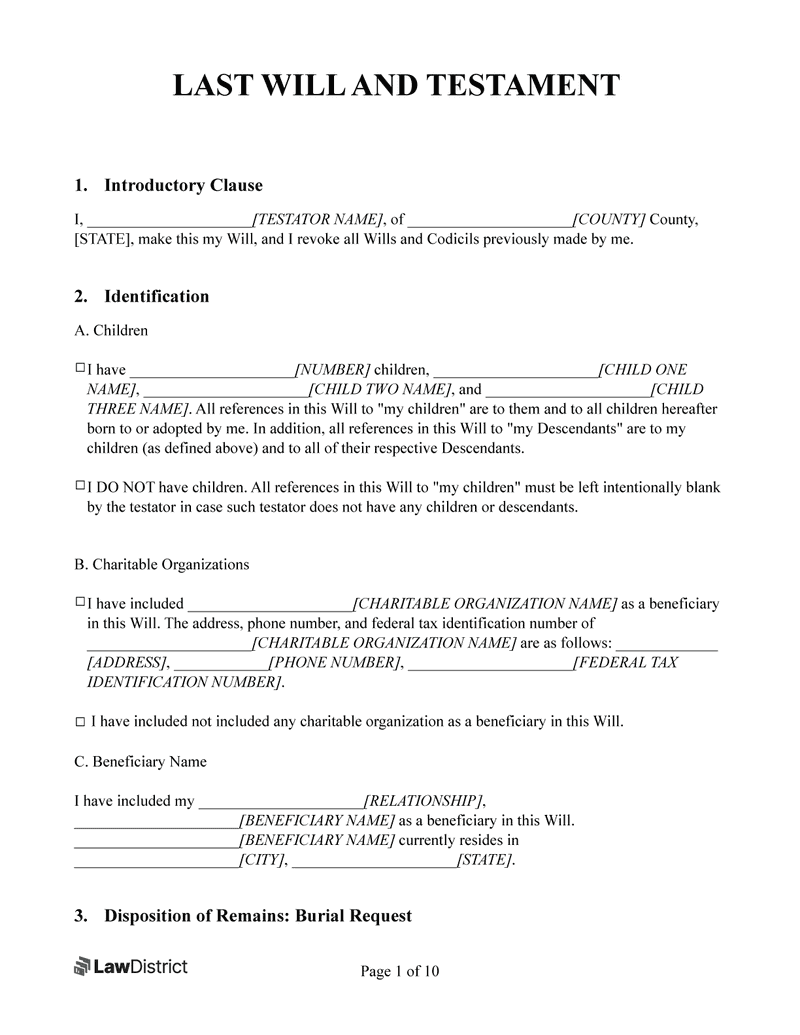What is Testator in UAE ?
What is Testator in UAE ?
A testator in UAE (مُوصي in Arabic) is an individual who creates and executes a legal will in the UAE. Also known as a will-maker or grantor, this legal designation applies when a person formally documents their wishes for asset distribution after death.
Understanding the Role of a Testator
Under UAE law, a testator plays a crucial role in estate planning. According to UAE laws, they are the principal decision-maker who creates and executes a will, requiring testamentary capacity. To qualify, an individual must be over 21 years old and mentally capable of making sound decisions about their assets.
Legal Requirements and Qualifications
To become a testator in the UAE, specific conditions must be met. The basic requirements include:
- Being at least 21 years of age
- Possessing sound mental capacity
- Having legal residency status in the UAE
It’s important to note that certain factors can disqualify someone from being a testator, including mental incapacity, evidence of undue influence, or specific legal restrictions.
UAE Legal Framework
The UAE maintains distinct requirements for different categories of testators:
For Muslim Testators:
Sharia Law principles govern the will-making process, limiting free distribution to one-third of the estate. The UAE Personal Status Law provides the legal framework for Muslim testators.
For Non-Muslim Testators:
Options include DIFC Wills or Local Courts registration, with the ability to distribute their entire estate as desired. Dubai Law No. 15 of 2017 provides the legal framework for non-Muslim succession.
Creating a Valid Will
The process of creating a valid will involves several essential steps:
- Preparing comprehensive documentation of wishes
- Obtaining required witness signatures(for DIFC Courts Will for ADJD Wills witness is not required)
- Completing legal registration
- Receiving a digital copy of the Will
Common Concerns and Solutions
Key considerations for a testator:
Process Requirements:
- Necessary documentation
- Registration procedures
- Legal formalities
Eligibility Factors:
- Age and mental capacity verification
- Residency status confirmation
- Legal compliance checks
Practical Applications
Different scenarios require different approaches:
For Expatriate Residents:
Consider John, a British expat in Dubai, who registered his will through the DIFC Wills Service Centre, ensuring his assets would be distributed according to his wishes.
For UAE Nationals:
Take Ahmed, an expat, who created a Sharia-compliant will, carefully balancing religious obligations with personal preferences for asset distribution.
Legal Terminology and Relationships
Understanding related legal terms is crucial:
- The will is the legal document created by the testator
- An executor carries out the testator’s wishes
- Beneficiaries receive assets as specified in the will by the testator
Legal Context and Timing
A testator’s role exists within specific contexts:
- Under UAE law, which provides the legal framework
- During the will creation process, which must follow proper procedures
- Taking effect upon death, when the will becomes active

